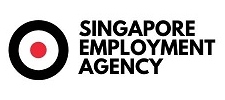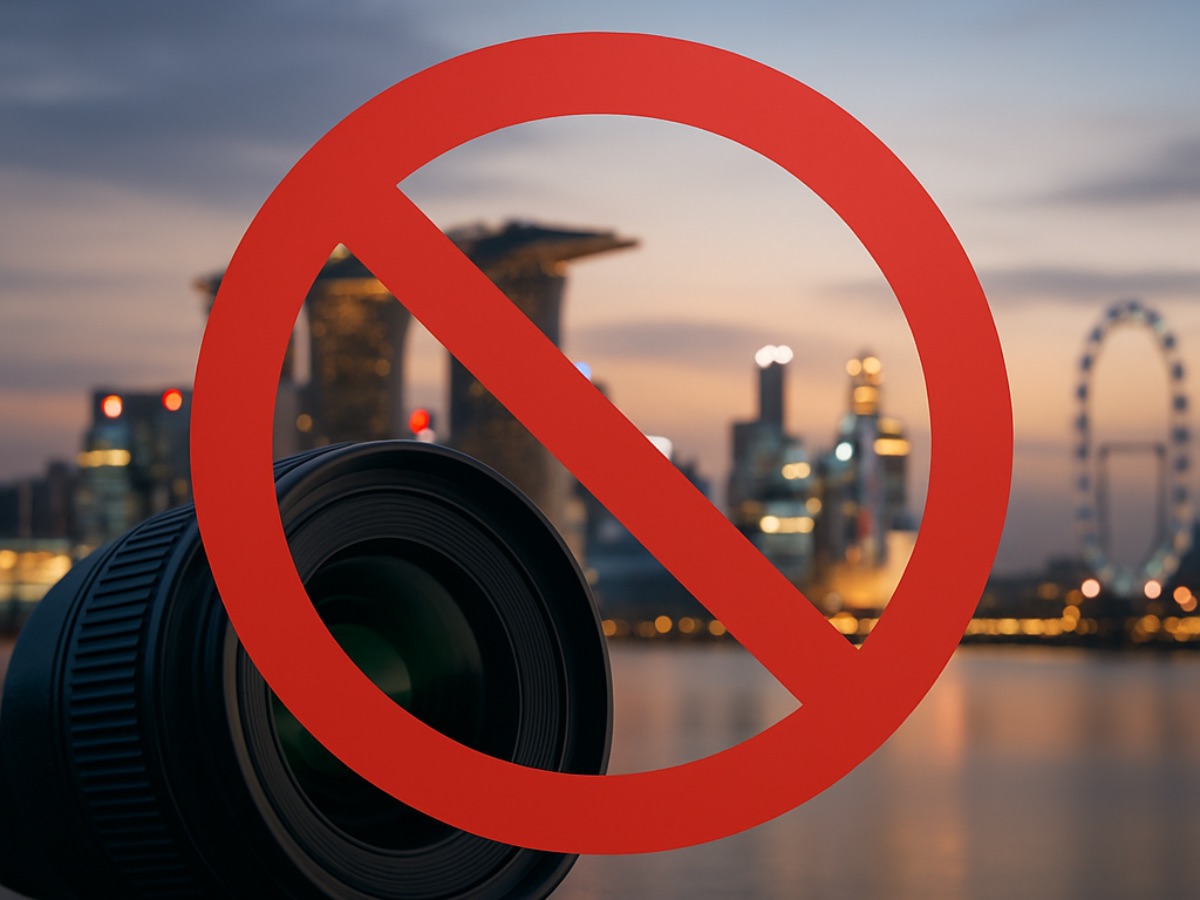Imagine planning a landmark event for your company or a personal milestone like a wedding. You search online and find the perfect photographer or makeup artist whose portfolio is simply stunning. They’re based overseas but are available for your date in Singapore. Before you sign that contract, stop. A critical new advisory from Singapore’s authorities could turn this dream hire into a legal nightmare.
On September 11, 2025, the Ministry of Manpower (MOM) and the Visual Audio Creative Content Professionals Association (VICPA) released a joint advisory that draws a very clear line in the sand. This update has significant implications for companies, clients, and freelancers in Singapore’s vibrant creative industry. Let’s unpack what these rules are, why they’ve been implemented now, and what they mean for you.
The New Rule: A Firm “No” to Unauthorised Foreign Creatives
The heart of the advisory is direct and unambiguous: companies and individuals in Singapore are strictly prohibited from engaging foreign freelancers for creative assignments. This applies to a wide range of services, including photography, videography, and makeup artistry.
The rule specifically targets foreigners who are in Singapore on non-work visas, such as a Short-Term Visit Pass (i.e., a tourist visa) or a Student’s Pass. These individuals are not legally permitted to undertake any form of paid work. The advisory goes a step further, stating that companies cannot even promote or advertise the services of these unauthorised freelancers to clients in Singapore. This directive came after MOM received tip-offs about companies, particularly in the wedding sector, engaging foreign creatives without the proper legal authority to work.
The High Cost of Non-Compliance: Severe Legal Penalties
Thinking of taking the risk? The consequences are far from a simple slap on the wrist. Engaging in or facilitating such illegal work arrangements is a direct violation of Singapore’s Employment of Foreign Manpower Act (EFMA). It’s crucial to understand that the EFMA’s definition of “work” is broad and covers any activity undertaken for payment, including short-term freelance gigs.
The penalties for breaching the EFMA are severe for everyone involved:
- For the Foreign Freelancer: Anyone caught working without a valid work pass faces a fine of up to $S20,000, imprisonment for up to two years, or both. Critically, they also risk being permanently barred from entering and working in Singapore in the future.
- For the Hirer (Company or Individual Client): The entity or person who hires the unauthorised freelancer faces similar harsh penalties. This includes substantial fines and potential jail time.
That “cheaper” overseas photographer suddenly looks incredibly expensive when you factor in the potential for crippling fines and legal trouble. This underscores the shared responsibility of everyone in the hiring chain—from the corporate event planner to the individual client—to perform due diligence and ensure compliance.
Why Now? Levelling the Playing Field for Local Talent
This firm stance isn’t arbitrary. It’s a direct response to growing concerns within the local creative community about unfair competition. Jagatishwaran Rao, Executive Secretary of VICPA, highlighted that foreign freelancers operating outside the legal framework can often offer services at significantly lower prices.
This is because they bypass the costs associated with running a legitimate business in Singapore. Local professionals must account for overheads like Medisave contributions, CPF, insurance, taxes, and equipment costs. An individual working illegally avoids these obligations, allowing them to drastically undercut local market rates. This practice puts Singapore-based creatives, who abide by the rules, at a significant disadvantage and threatens the sustainability of their careers. The rise of social media platforms has only amplified this issue, creating a borderless digital marketplace where it’s easy to book international talent, often without awareness of local regulations.
VICPA’s Role in Fostering a Fair Creative Ecosystem
VICPA, an affiliate of the National Trades Union Congress (NTUC), is playing a central role in addressing this challenge. Their goal is not to eliminate foreign competition but to ensure it operates on a fair and legal basis.
The association is actively monitoring social media for advertisements that may breach these regulations and forwarding relevant information to MOM. Beyond enforcement, VICPA is focused on education. They are working to inform clients and companies about ethical hiring practices and promote a code of conduct within the industry. By championing professional development and fair competition, they aim to build a stronger, more sustainable creative ecosystem where local talent can thrive.
What You Should Do: Report Violations and Verify Status
MOM has made resources available to ensure clarity and encourage compliance.
- Reporting an Infringement: If you suspect a company or individual is engaging in illegal work arrangements, you can report it directly to the authorities through the MOM website. Navigate to the e-services section and use the “Report an Infringement” portal.
- Clarifying Work Rights: For foreign students or others unsure about their work eligibility, MOM provides clear guidelines. Information on work pass exemptions can be found under the “Passes and Permits” section of the MOM website.
The message is clear: when hiring, ignorance of the law is not a defence. The onus is on you to verify that any creative professional you engage has the legal right to work in Singapore. This not only protects you from severe legal repercussions but also supports a fair and ethical creative industry.
If you like to submit a question, or would like us to touch on certain topics, you may email us at [email protected]. When in doubt, seek legal advice or consult an experienced licensed Employment Agency with the Ministry of Manpower.
Yours Sincerely,
The editorial team at Singapore Employment Agency
Little Big Employment Agency Pte. Ltd. is a licensed Employment Agency with the Ministry of Manpower with license number 19C9790.

